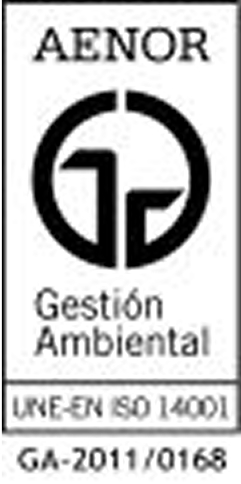Flat Solid Polycarbonate Sheets
Compact Polycarbonate and its impact resistance - “Acrylic Iron”

The Compact Polycarbonate plate is one of the most impact-resistant transparent thermoplastic polymer materials available, withstanding impacts from stones, hammers, even bullets, without cracking. Its energy absorption characteristics are maintained at both high and low temperatures. Its ability to flex without breakage makes it a safe alternative for glazing and without the risk of chipping.
Polycarbonate sheet has 250 greater impact resistance than glass, so it can offer greater protection against vandalism and its consequences. Its ergo absorption characteristics are maintained both at a range of winter temperatures below zero and at high summer temperatures and meets the requirements of impact resistance, such as preventive glazing, according to BS6206 standards and for safety glazing it complies with DIN 52290 Part 4 and BS 5544, offering security, transparency and protection against vandals and intruders.
Impact resistance test DIN 52290 Part 4. A steel ball of 4,110 g in diameter 100 mm is dropped by gravity from various heights. Three impacts are made per height and it is checked that the ball does not cross the plate. The tests for thicknesses starting from 4 mm have been passed. Glazing test in Gallery DIN 52337. (Impact of soft element and hard element.)
This test simulates the two types of impact that can occur on glazing using compact Compact Polycarbonate plates:
Soft Element: From a height of 1.5 m, a 45 kg body drops pendularly, which hits directly on a vertically installed plate.
Hard element: From a height of 1.5 m, a body of 10 kg drops pendularly, in the shape of a buoy with a metal ring that also impacts directly on an installed plate. After passing the tests for thicknesses starting from 6 mm. Called “Acrylic Iron” since it can be folded cold, by folding up to 6 mm thick, it can be die-cut, sheared, and embedded in thicknesses











